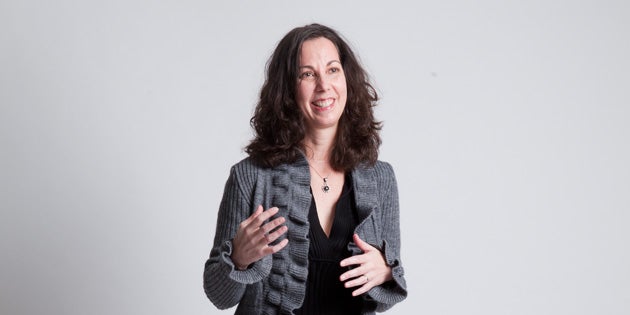Since 1998, Tracy Burkett, professor of sociology and interim department chair at the College of Charleston, has been opening students’ eyes to the complexities of the political process and its impact on society at large. Find out why she went into sociology, see what advice she gives today’s students and learn which sociologist she thinks we should all know.
Q: How did you get interested in sociology?
A: I signed up for a random class the last semester of my senior year of college just for the hours. It was a sociology course. The rest is history. When I see that professor at sociology conferences, I always remind her that her course sparked my interest.
Q: Your dissertation looks at partnerships in the U.S. Senate. What was the big take-away?
A: There was a precipitous decline in cooperation among senators starting in the early ’80s. Bipartisan cooperation and reciprocity decreased dramatically. Unfortunately, the gridlock we see in Congress today follows that trajectory very closely.
Q: Which book has had the greatest impact on your career?
A: There are so many, but C. Wright Mills’ The Power Elite (1955) is probably the most important. Mills examined the way that power is exercised in the United States and provided a convincing alternative to pluralistic models of power.
Q: On the flip side, what’s your favorite book?
A: It’s hard to pick just one! I would rank Hunter S. Thompson’s “Fear and Loathing: On the Campaign Trail ’72” as one of my favorites. I just reread it during the 2012 election season, and it was as relevant as ever.
Q: What’s your favorite lesson to teach?
A: While largely invisible to us, social forces impact us every day in every aspect of our lives. Even our most personal choices – what we name our children, what careers we choose, whom we marry, how we express our emotions – are shaped by our society and our positions in society. Sometimes I title this, “Why there are three Brittanys in this class.”
RELATED: Learn more about the College’s sociology major.
Q: Best college advice?
A: Read the syllabus. Go to class. Know your professors. Have fun (but not too much).
Q: If you could do any other job, what would it be?
A: I worked for newspapers during and after college. On the whole, I think the media do a mediocre job translating and disseminating social science research to the masses, so perhaps I would try writing again.
Q: How do you blow off steam?
A: Reading, gardening, exercising, listening to music.
Q: What’s the last album you’ve purchased?
A: “Babel” by Mumford & Sons.
Q: What’s your next big research topic?
A: I’m switching gears a bit. While I was directing the minor in environmental studies, a group of students pulled me into the urban garden and sustainable agriculture scene. I’m now looking at the relationship of community gardening and agricultural networks with community well-being.
Q: What’s been your best moment as a professor at the College?
A: Getting to assist in awarding my youngest brother, Scott, his degree during spring graduation on Mother’s Day 2002. We started here the same semester, I as an assistant professor and he as a freshman.





